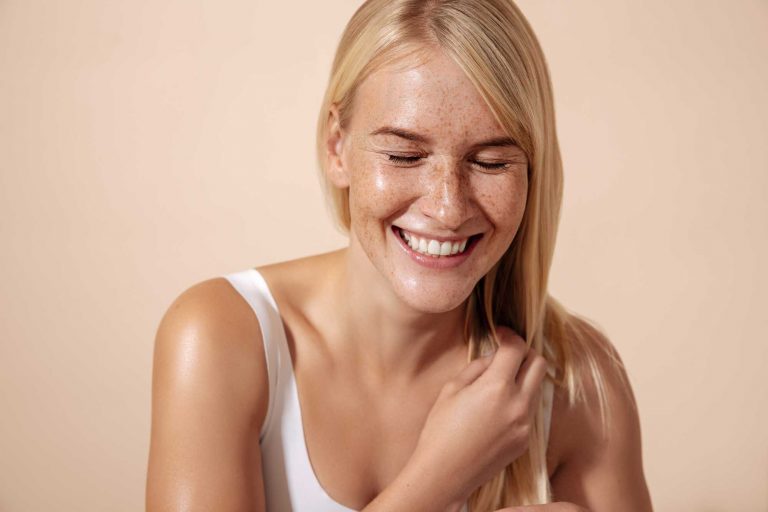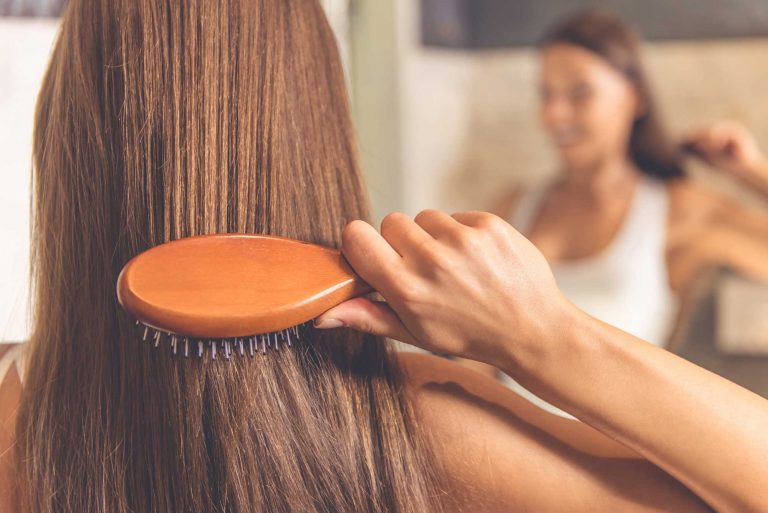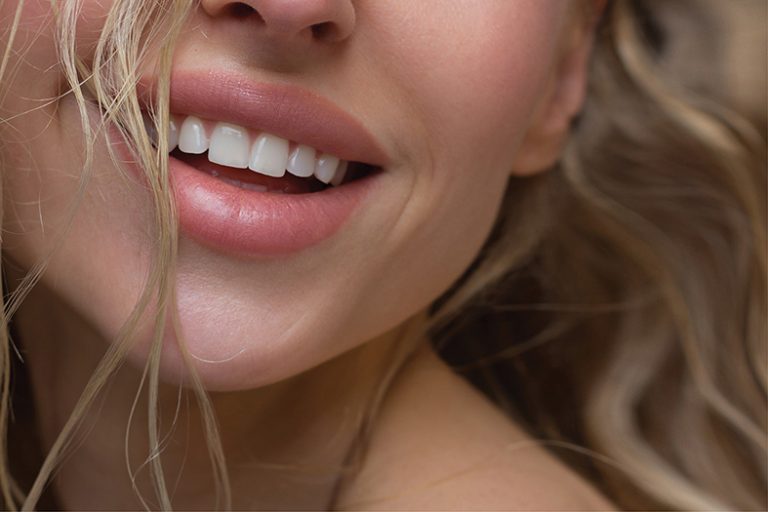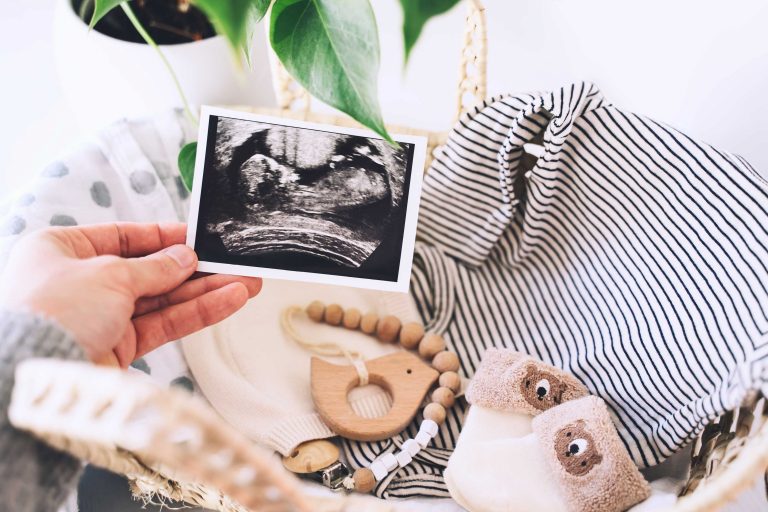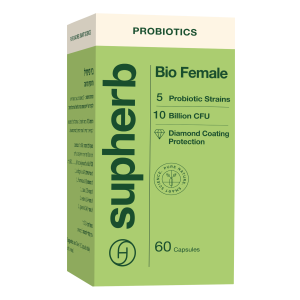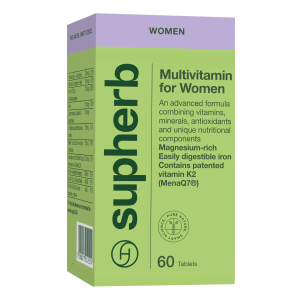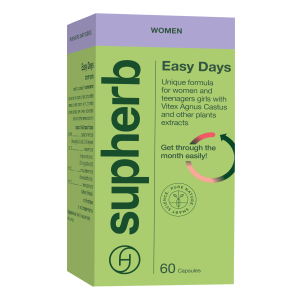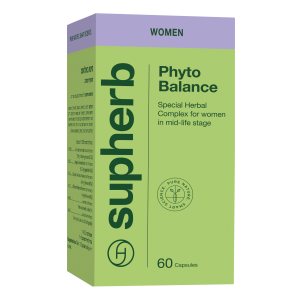Hot Flashes in Menopause: Tips on How to Better Deal with Them
- About 80% of women in menopause suffer from hot flashes, in various frequencies and intensities. The hot flashes can disrupt their quality of life.
- Changes in nutrition, incorporating herbs and making sure to exercise during these periods may help you get through them more easily.
- Women who suffer from over-perspiration during hot flashes should consider a magnesium supplement in order to prevent a deficit and keeping them healthy.
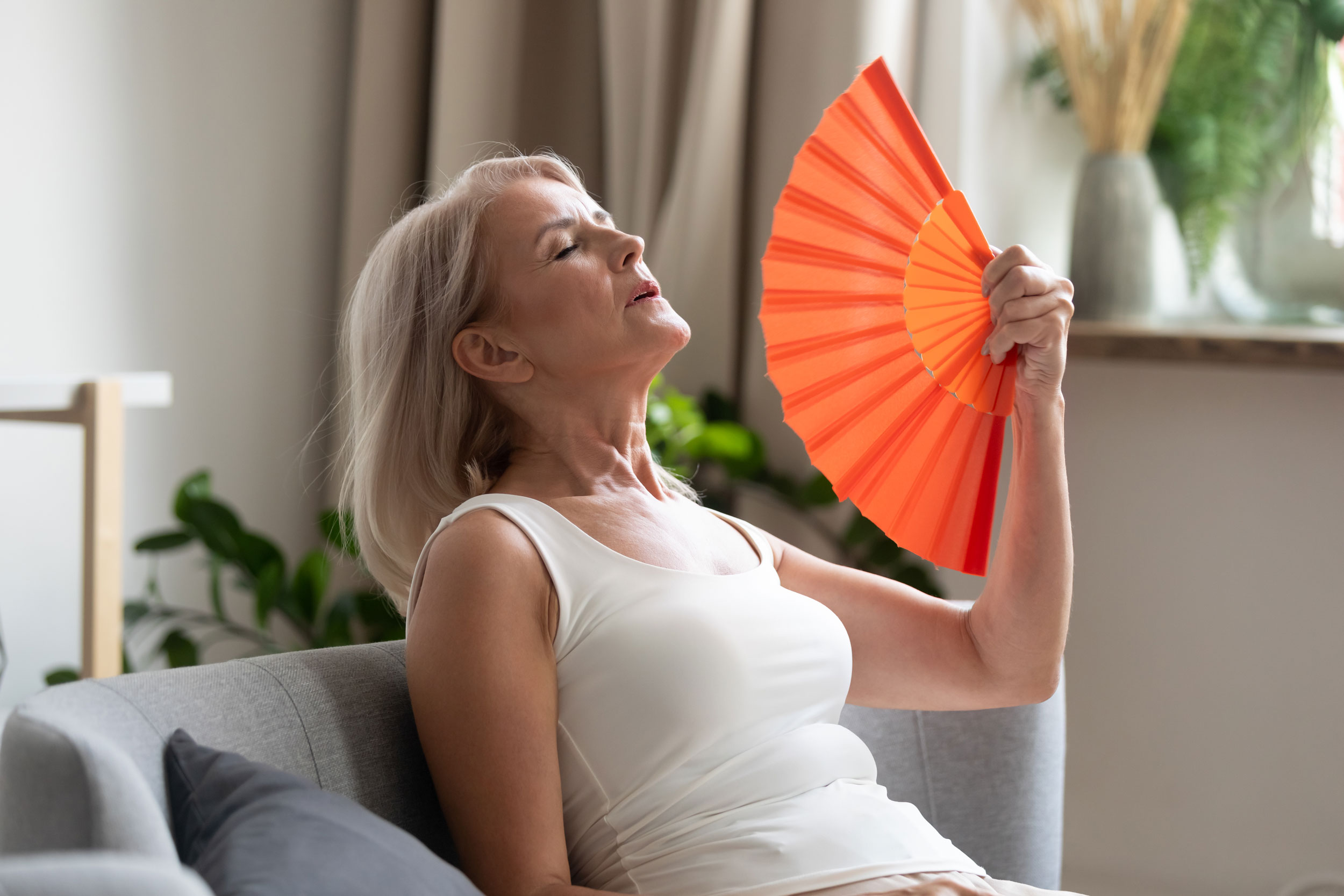
Here comes another one
The most identified phenomenon with menopausal women is hot flashes. Many women suffer from hot flashes towards and after they stop having their menstrual cycles. They come out of the blue and go away as fast as they arrived. Despite the fact that it’s a temporary and passing phenomenon, hot flashes disrupt many women’s quality of life around the world.
Why do they appear and what can be done to more easily get through that period? Here are some tips to deal with the hot flashes without using hormones, that anyone can use.
When hormones come into play
Menopause in women appear towards the age of 50, and includes two hormonal changes that happen gradually even before the menstrual cycle stops. These changes include a decrease in the production and secretion of estrogen and phytoestrogens, the female hormones, and other changes also happen simultaneously.
The symptoms of menopause include a wide range of phenomena, among them sleep issues, mood swings, vaginal dryness, decrease in sex drive, weight gain and the most common one of all, hot flashes.
The age in which these phenomena start differs, some women might start suffering from it as early as the age of 42, while others might only experience it towards the age of 60 or even later.
80% of menopausal women suffer from hot flashes
Hot flashes are one of the main symptoms of menopause, they appear out of the blue and usually stop after a few minutes. A typical hot flash manifests with redness in the face, head and neck, followed by intense heat and sometimes even massive sweating.
We’re not entirely sure what creates the hot flash mechanism in menopause, but it relates to the brain’s reaction to hormonal changes. Neurotransmitters serotonin and norepinephrine were also found to be related to body temperature changes and we believe there might be connection to their levels’ decrease.
In most women, the hot flashes will last between six months and two years, however for a quarter of them this might last for 10 years or more. The hot flashes’ frequency and intensity also vary from one women to another. A hot flash will usually last 3-4 minutes, but in some women it can last up to an hour, which can significantly disrupt their quality of life.
What do estrogen and serotonin have in common?
Estrogen effects the production of serotonin, among other things, a very significant neurotransmitter when it comes to our mood but is also related to body temperature regulation. In cases of decreased estrogen, there’s also decreased serotonin production, which might also have to do with hot flashes.
Decreased serotonin is also related to emotional factors and mood swings, typical of menopause as well as other periods in a woman’s life in which there’s decreased estrogen, such as just before a menstrual cycle and after giving birth.
Nutrition: What you should eat and drink and what not so much?
Transitioning to a mostly herb-based diet, choosing more healthy and less industrialized foods might decrease the frequency and intensity of the hot flashes. You should also avoid having big meals, and stick to smaller portions during the day, as in not to spike you blood sugar levels. For the same reason, you should prefer complex carbohydrates but not too much, give up simple carbs and sweets, or at least consume less of them.
A diet comprised of legumes, whole wheat, soy products, vegetables, fruits, flex seeds, nuts, almonds – but not toasted ones – and olive oil. It’s important to maintain a high water intake.
There are types of foods and beverages you should avoid during that period, including caffeine, alcohol, fatty and deep-fried foods, spicy and monosaccharides of any kind.
A Mediterranean diet might be good, since its similar to the recommendations and is easy to keep up for longer.
Smoking? You should know that smoking exasperates hot flashes during menopause. Research found a direct link between smoking and earlier menopause in women.
Another reason to add exercise to your routine
Studies show that sports contribute to decreasing the frequency and intensity to hot flashes and other menopausal symptoms. Women who exercised reported a significant decrease in hot flashes compared to those who didn’t exercise as much, who suffered more from hot flashes and experienced anxiety, difficulty concentrating and memory decrease more frequently.
Combining aerobics (cardiorespiratory endurance) and power training is a winning combination. You should make sure to get your exercise into your routine, about 3 times a week.
The herbs you have to know about
People have used herbs for a variety of health uses ever since the dawn of history. Herbs were used to support menopause in women in different traditions. In this day and age, the issue of menopause in women has become more significant as life expectancy increased. The period after the menstruation ends, called menopause, are a considerable part of a woman’s life, who finds herself in this hormonal state for a third of her life. The most popular herbs, even in these modern times, are:
- Black cohosh
This herb is most identified with hot flashes and perspirations during menopause. It contains phytoestrogens, natural ingredients whose structure resembles that of the human estrogen. It has the ability to latch on to receptors and reduce symptoms that are related to estrogen decrease. Black cohosh is clinically linked to decrease in hot flashes, perspiration, vaginal dryness and eases cases of anxiety and mental stress.
- Dong quai (angelica sinensis)
This herb earned itself the nickname “female ginseng” and is considered one of the most important herbs in Chinese medicine. The root of the dong quai contains phytoestrogens components and therefore fits for menopause. It’s clinically-related to the symptoms that derive from a decrease in estrogen levels thanks to its balancing effect.
- Vitex
One of the most popular herbs for use in women of various ages, due to its hormonally balancing effect. Compared to the other herbs mentioned, it doesn’t contain phytoestrogens but acts by other mechanisms and vicariously contributes to balance. It acts gradually and steadily, best mostly in the period preceding the end of the menstrual cycle, and is considered an effective herb for that time.
Suffering from over perspiration during hot flashes? Magnesium!
Magnesium is a very important mineral for menopausal women, especially for those who suffer from hot flashes and night sweats. Massive perspiration causes immense magnesium loss! Magnesium deficiency is very common, especially when consuming desalinated water, prolonged stress, processed foods, various medications, absorption decrease and over perspiration.
It’s important for bone integrity, cardiovascular health, muscle functioning, it’s also related to mood, a sense of relaxation, sleep and more.
In light of the fact that there’s no available and trustworthy test for magnesium level in the tissues, menopausal women have to make sure and consume magnesium via nutrition or nutritional supplements, more so in women who suffer from hot flashes and perspiration.
Every end is a new beginning
Menopause brings with it new challenges and issues, both in the physical and emotional levels. Many women experience a wide array of phenomena during a period that can sway between several years before the menstrual cycle stops and a few years after that. Part of these phenomena, especially hot flashes, might disturb the quality of life of many women and cause anguish and stress. It’s important to understand the dynamics of female nature, get to know the changes and bless each stage along the way. Even during menopause, like any other period in a woman’s life, you have to adjust until balance is reached. There are many tools to lead to improvement and a better way of coping. Women who look for natural, non-hormonal ways, could take on new and more suitable habits.
Summarized recommendations for dealing with hot flashes
- Natural and whole-foods-based nutrition, mostly plant-based, including the recommended foods for menopause, while also avoiding beverages and foods that can worsen them.
- Physical exercise as part of a set weekly routine, in order to strengthen and maintain the bones and your mood.
- Herbs are an important factor in human history. These are not new revelations but a long-lasting tradition documented in many cultures around the world. Herb have always been an inseparable part of medicine and are also with us today.
- Complementing magnesium during this time is extremely important. There are additional minerals and vitamins essential for maintaining bone integrity, but due to magnesium deficit and the difficulty to reliably located it, it’s also important to increase awareness to the issue of magnesium.
The Supherb team







